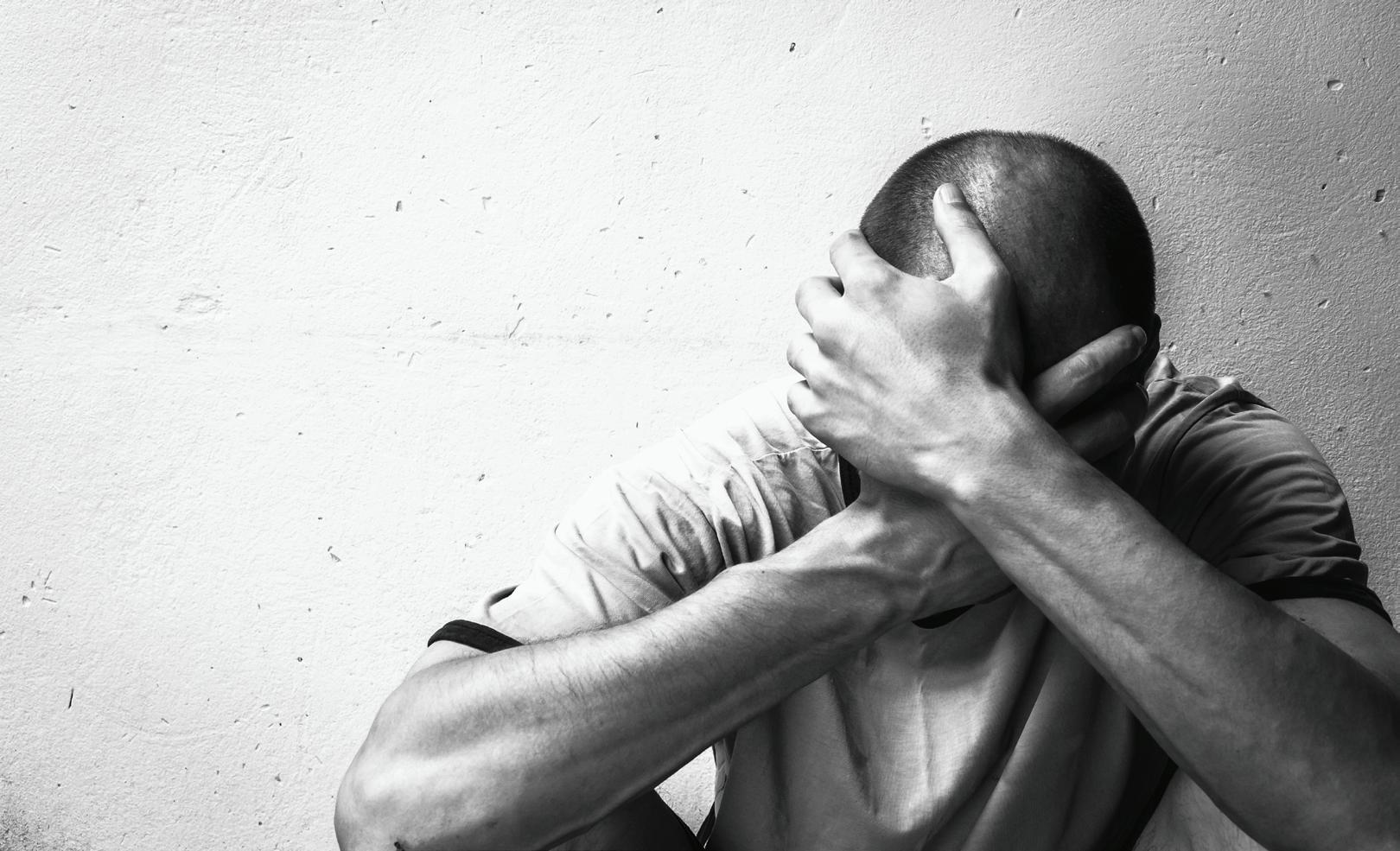
2 minute read
Big Boys Do Cry
by MARY JOYE, LMHC
Men’s mental health statistics are of great concern, and culture may be the culprit. Many boys are shamed if they express emotion, and they learn to repress sadness and enthusiastic joy that produces tears. The first thing a newborn baby boy or girl does is cry. but toddlers often hear, “Big boys don’t cry.” Lacking an outlet for expression, children can develop into repressed or emotionally unavailable men. The strong, silent types may not be as resilient as they appear. An estimated 75% of the suicides in the United States are men. One factor is they choose more lethal methods than women and are stealthier about it. Few suspect a man is thinking about ending his life because of his conditioned ability to hide emotions. If you know a man who seems detached or withdrawn, the most important thing is to socialize with him, even if they are resistant. Let them know you care, and it will reduce dangerous isolation, especially after major negative life events. We lose 22 combat veterans a day to suicide. Divorced men in the U.S. take their lives at a rate of 10 per day. Though no marriage is perfect, it buffers men from loneliness, as does having children and close extended family. Men who have never married have a 70% higher death rate and varied research concurs women’s nurturing instincts assure their husbands get yearly checkups and eat healthier diets. It is significant to note that men see their occupations as a large component of their identities. If they lose their careers, they silently but miserably suffer feelings of worthlessness and hopelessness. Men in rural areas are more at risk because of isolation. The loss of manufacturing and agriculture jobs that have literally been farmed out has caused a rise in men’s mental health issues. This is exacerbated by men who choose to self-medicate and numb their feelings with substances. Addiction for men is at a rate of 3 to 1 to women and another factor for potential early demise. It is imperative that we teach young men to show their feelings without shaming them or stigmatizing seeking mental health help. This is a long-overlooked social issue as men seek treatment far less than women. They are encultured to be the fixers and providers, and admitting they need help in any area of their life can cause them to feel emasculated. How many jokes have we heard about men not stopping to ask for directions? It’s funny but indicative of a serious underlying cause. It’s time to direct attention to the men in our lives, or if you’re a man, to yourself. William Shatner, age 90, who portrayed the virile Captain Kirk, was on 60 Minutes Australia. He lamented about his fear of dying alone, and his willingness to share how to cope with it was enlightening. • Be with friends and family. • Do something for someone else. • Get connected with friends through work and common interests such as sports. Shatner remembered a Valentine’s Day in his childhood when no one sent him a card but himself. He fought back tears as he related a story of decades past but looked like he was beamed back by Scotty to that time. His adult fear was directly influenced by his childhood, and if Captain Kirk can cry, so can you. It takes more bravery to show emotions than to hide them and it is essential to men’s well-being. Big boys do cry and laugh, too!
Advertisement




